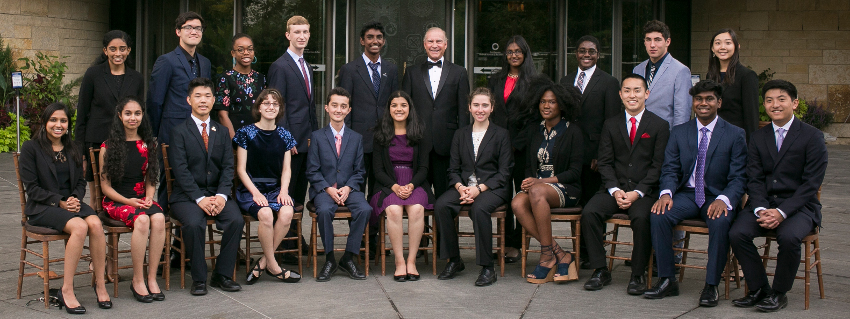Easy to find a bunch if you're curious!
Here is an example finding ACT Composite score vs MCAT Total = 0.64
Here is another example finding all the way back in the 1980s that the old versions of the SAT and MCAT back then were at 0.56
It's a beautiful system, really. Grab a cohort of people who all scored top 1-2% on a g-loaded college entrance exam. Weed them down to a minority by curving them against each other on an endless series of g-loaded science exams (chem, physics, orgo, biochem, calc etc).
That raggedy band of survivors will do fantastic on the next g-loaded standardized test (the MCAT) and enter medical school well-prepared to handle the academic demands. Boom, you've captured the recipe of reputable feeder colleges!
And, if you're a selective medical school? Rinse and repeat. Grab a cohort of people who all scored in the top few percent on the MCAT, watch as they flashcard their way to high board scores, and then watch them land great residency spots.
It's turtles all the way down. But, that just might be changing. USMLE is going Pass/Fail. Some selective colleges are beginning to make SAT/ACT optional. Even the AAMC tried to push for a new interpretation of the MCAT where anything 500+ should be viewed as adequate to enter med school.
If things keep going in this direction we could witness a complete paradigm shift in our lifetime


 Adcoms have no way to know who they are if, like in my Little League, everyone at Harvaard gets a trophy just for participating.
Adcoms have no way to know who they are if, like in my Little League, everyone at Harvaard gets a trophy just for participating.